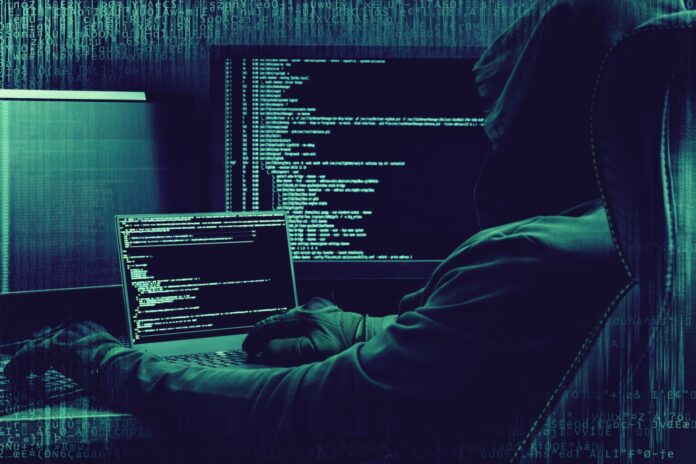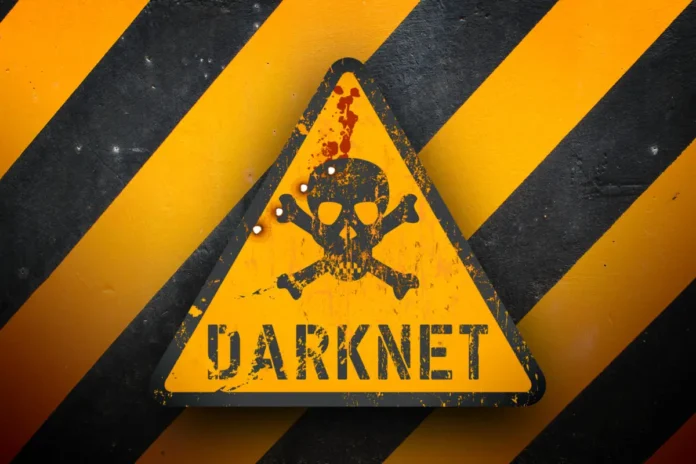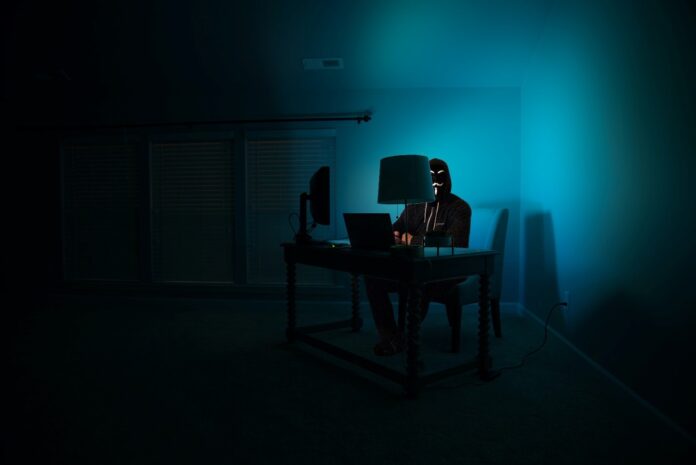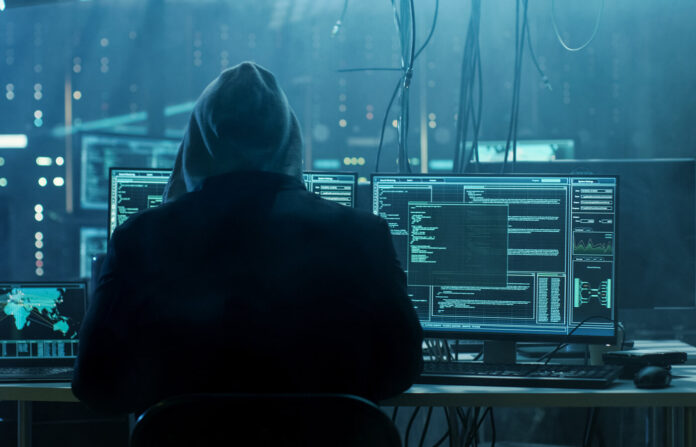
As the prevalence of the internet grows, so does the intrigue surrounding the Dark Web. It is often portrayed as a haven for criminal activities, including drug trafficking, hacking, and illegal marketplaces. However, separating fact from fiction is crucial when exploring this complex network. First, we must mention that not everything you can find on the deep web is related to criminal activities and disturbing content.
For example, it is common for many countries to filter certain content and restrict websites. They do that for various reasons, from politics to securing the author’s rights. You can use some tools to get access. Still, it could lead to legal issues, depending on the rules in your country.
Contrary to popular belief, this place is not solely a hub for criminal endeavors. The dark web provides a platform for illicit activities, such as illegal markets, hacking forums, and the exchange of illicit goods. According to ExpressVPN, the prices of private information on the dark web can vary, and while credit card information can be worth between $20-$30, passports can be sold for thousands of dollars.
While the dark web is used for illegal activities, it also serves as a refuge for those seeking privacy, freedom of expression, and protection from surveillance. In this article, we will present you with some common misconceptions and facts about the dark web.
Main Features

While it is often associated with mystery and illicit activities, it represents only a small fraction of the internet not indexed by search engines. It exists within a network of encrypted websites and requires access to specialized software like Tor. Contrary to popular belief, it is not solely a hub for criminal activities.
While illegal marketplaces and anonymous forums exist, they are just a fraction of the overall content. Many legitimate purposes also exist, including secure communication channels for journalists and activists in oppressive regimes. It serves as a parallel digital realm, offering anonymity and privacy that cannot be found on the surface of the internet as we know it today.
What do the Experts Say?
To better understand, relying on expert analysis and insights is crucial. Experts with in-depth knowledge and experience can provide a balanced perspective on its workings, debunking common myths and misconceptions.
For example, a dominant myth is that it is unsafe and should be avoided. While caution is necessary, not all activities are illegal or harmful. Experts can shed light on the various layers of the deep net, emphasizing its diverse applications and highlighting the precautions individuals should take when navigating this realm.
Common Myths

This secret part of the internet has garnered a reputation as a breeding ground for criminal activities. However, it is essential to debunk these common myths surrounding its nature. One misconception is that the secret net is teeming with hackers ready to steal personal information.
While cybercriminals exist, they represent only a fraction of the user base. Moreover, it also offers a platform for cybersecurity experts to study and combat these illicit activities, leading to enhanced online security measures.
Another prevalent myth is that accessing the deep internet is illegal by default. Contrary to this belief, exploring the secret parts of the internet is not inherently illegal. It is the illicit activities conducted within its confines that are unlawful. Like any tool, it can be used for lawful and unlawful purposes. Therefore, it is crucial to separate the technology from its misuse and not generalize all users as criminals.
Discovering Hidden Layers
Delving deeper into the space reveals its hidden layers, offering a fascinating glimpse into a realm that operates differently from the traditional internet. For example, encryption is crucial in maintaining anonymity on the dark web.
Websites and communications are encrypted to protect users’ identities and ensure secure interactions. It also boasts decentralized hosting, making it resistant to censorship and surveillance. Distributing data across multiple servers and utilizing peer-to-peer networks makes it challenging for authorities to shut down or control specific websites.
Moreover, the secret internet layer encompasses a wide range of content beyond illegal marketplaces. For example, Whistleblower platforms, anonymous forums for political dissidents, and educational resources can be found within its depths. In addition, journalists and activists often utilize it to communicate securely and protect their sources.
Common Misconceptions

Shedding light on the misconceptions surrounding it is crucial for a more accurate understanding. One common misconception is that the secret layer is solely a hub for criminals and illegal activities. While illegal activities occur, they represent only a portion of the overall content. On the other side, it is a diverse ecosystem with legitimate purposes, including academic research, cybersecurity discussions, and privacy-focused initiatives.
Another misconception is that the dark web is a tight and lawless space. In reality, law enforcement agencies actively monitor the dark web to identify and apprehend individuals involved in criminal activities. The misconception of complete anonymity on the dark web is often cracked when perpetrators are charged.
It is important to recognize that the dark web, like any other digital space, is not devoid of consequences, and illegal actions can have legal repercussions. The reason why it is so important for you to be aware of this is in case you want to buy something illegal on the deep web. Keep in mind that there is still a chance for authorities to track your activity.
The Importance of Responsible Search
When it comes to the dark web, responsible exploration is essential. While curiosity may drive individuals to delve into its hidden depths, it is essential to approach it with caution and a sense of responsibility.
Recognizing the potential risks involved, such as exposure to illegal content or malicious actors, emphasizes the need for careful navigation. Responsible exploration means understanding the legal and ethical boundaries, prioritizing personal safety, and being mindful of the potential consequences.
Last Words
While it is important to approach the dark web with caution and responsible behavior, it is equally essential to recognize that not everything within its confines is illegal or harmful. By staying informed, practicing good cybersecurity habits, and engaging in responsible exploration, you can navigate this hidden internet corner while protecting yourself and maintaining digital safety.











